Vanderbilt Basic Sciences
-
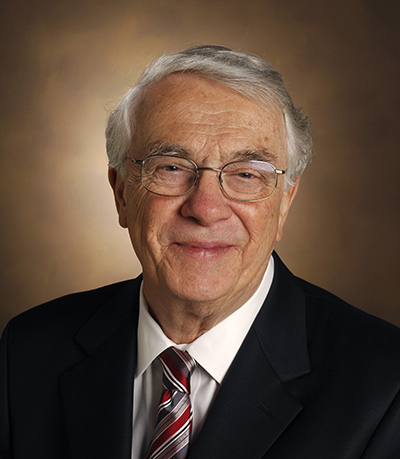
Former Chair of Biochemistry Michael Waterman dies
On Sunday, November 7, Michael Waterman, former chair of the Department of Biochemistry, passed away. Waterman was chair of biochemistry for 18 years and helped develop the department into a place where faculty could thrive. “Mike believed in empowering faculty,” David Cortez, current chair of the department, said. “He always… Read MoreNov. 12, 2021
-
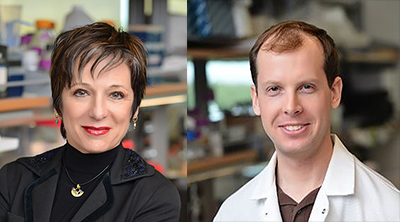
Finding a resistance to obesity
By Wendy Bindeman L-R: Sheila Collins, Ryan Ceddia A trans-institutional team that includes Professor of Medicine and Molecular Physiology and Biophysics Sheila Collins, first author and Collins lab postdoc Ryan Ceddia, and Johns Hopkins collaborators Dr. David Kass and Sumita Mishra recently published a study showing that mice lacking an… Read MoreNov. 9, 2021
-
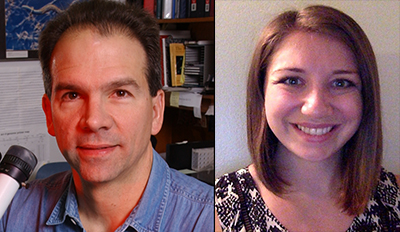
Discovery shows how synapses are built and function in the nervous system
Nerve cells in the brain establish connections or synapses to form complex electrical circuits that keep people thinking and moving. Despite the importance of these synapses in mediating the flow of charged particles between neurons, not much is understood about how these connections are created. Sierra Palumbos David Miller Research… Read MoreNov. 8, 2021
-
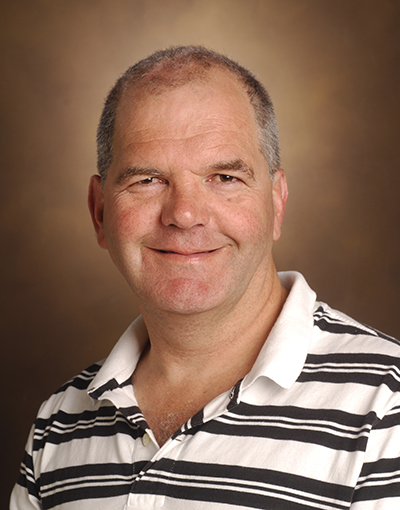
Harrison Society researcher discovers key regulator of kidney cell structure
A molecular switch that regulates the cytoskeleton — the cellular equivalent of our skeleton — is required for the maintenance and integrity of the kidney collecting duct, Vanderbilt researchers have found. The discovery, reported in the Nov. 1 issue of the Journal of Cell Biology, could… Read MoreNov. 4, 2021
-
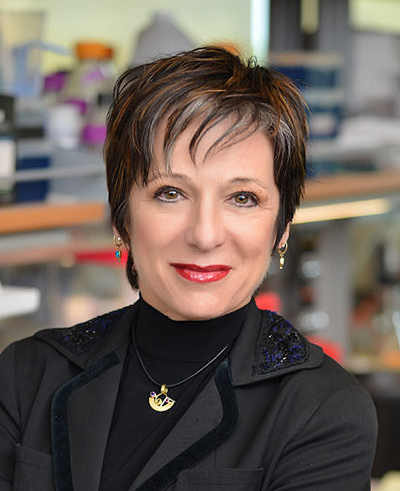
A new regulator of fat metabolism
By Wendy Bindeman Sheila Collins, professor of medicine. Sheila Collins, who is a professor of medicine and has a secondary appointment in molecular physiology and biophysics, first author Fubiao Shi, a postdoctoral fellow in the Collins lab, and colleagues have recently identified the transcription factor PPARγ as a novel regulator… Read MoreNov. 3, 2021
-
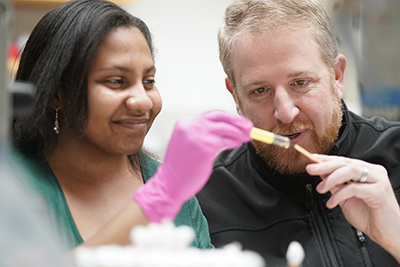
Darwin’s magnificent mystery and the microbiome
Vanderbilt researchers are reimagining Charles Darwin’s work by communicating how the origin of species might depend largely on the microbiome—the totality of bacteria, viruses, fungi and other organisms—living in or on a host body. Darwin’s On the Origin of Species put forth a seminal and revolutionary thesis for the life sciences in 1859: Populations with a common… Read MoreNov. 2, 2021
-
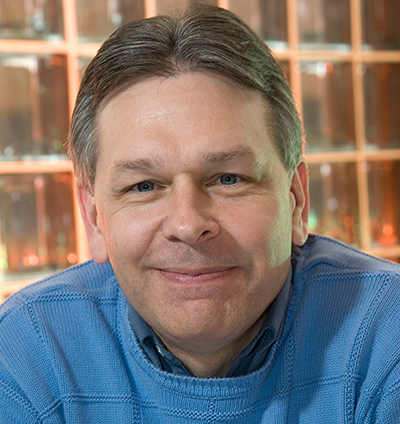
Scott Hiebert, PhD awarded grant from V Foundation to support study of pediatric soft tissue sarcoma
The V Foundation for Cancer Research has awarded a $600,000 grant to Scott Hiebert, PhD, professor of Biochemistry and Medicine, to pursue a possible precision therapy for a type of sarcoma that predominantly affects children. Scott Hiebert, PhD Hiebert, the Hortense B. Ingram Professor of Cancer Research, will develop a… Read MoreOct. 29, 2021
-
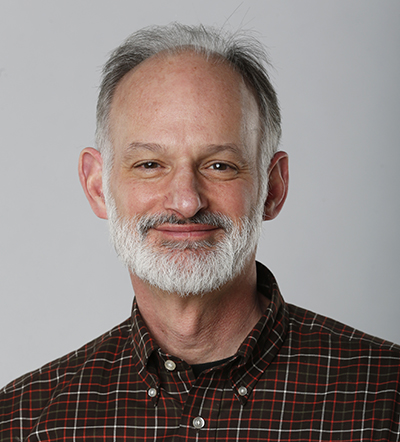
Eat breakfast and stop late-night snacking
Researchers have confirmed that due to daily circadian rhythms regulating metabolism, when you eat is as important as the how much and what you eat when trying to gain, lose or maintain weight. Carl Johnson, professor of biological sciences, collaborated with graduate student Kevin P. Kelly to test how the timing of daily meals and snacks throughout the day affects weight maintenance. With 24-hour access to… Read MoreOct. 29, 2021
-

Pancreatic beta-cell booster
Type 2 diabetes is characterized by chronic hyperglycemia (high blood glucose) and inflammation, which are associated with increased levels of circulating prostaglandin E2 (PGE2) — a mediator of inflammation. Maureen Gannon, PhD, and colleagues previously showed that blocking one of the PGE2 receptors, EP3, promoted insulin-secreting… Read MoreOct. 29, 2021
-
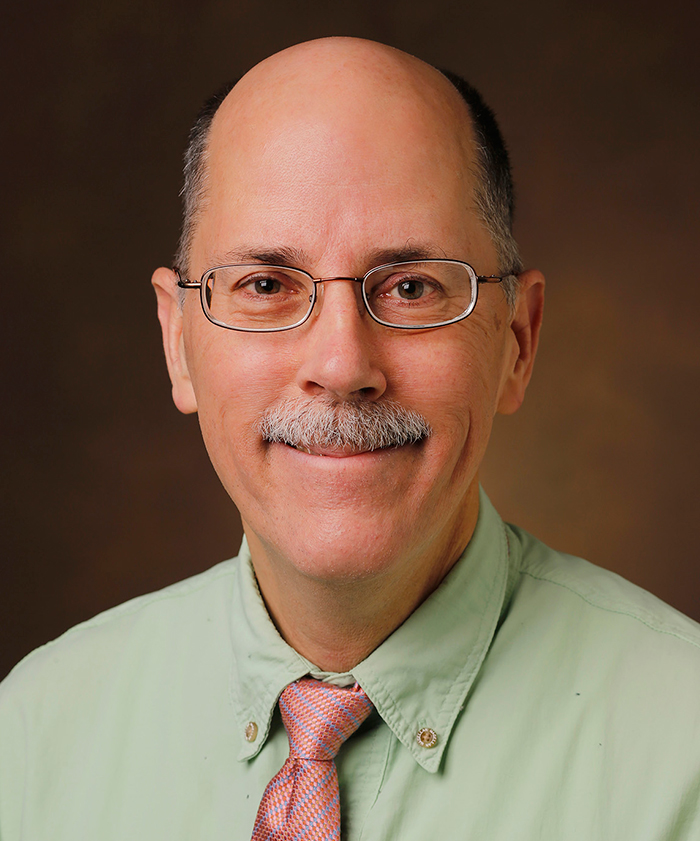
Sanders lab compiles list of genes and proteins that cause the 70 most common genetic diseases
Research led by Chuck Sanders, associate dean for research in the School of Medicine Basic Sciences and professor of biochemistry & medicine, and first-author Tucker Apgar, an undergraduate student in the Sanders Lab, compiled the first comprehensive list of genes and proteins that cause the 70 most common genetic diseases. Read MoreOct. 15, 2021